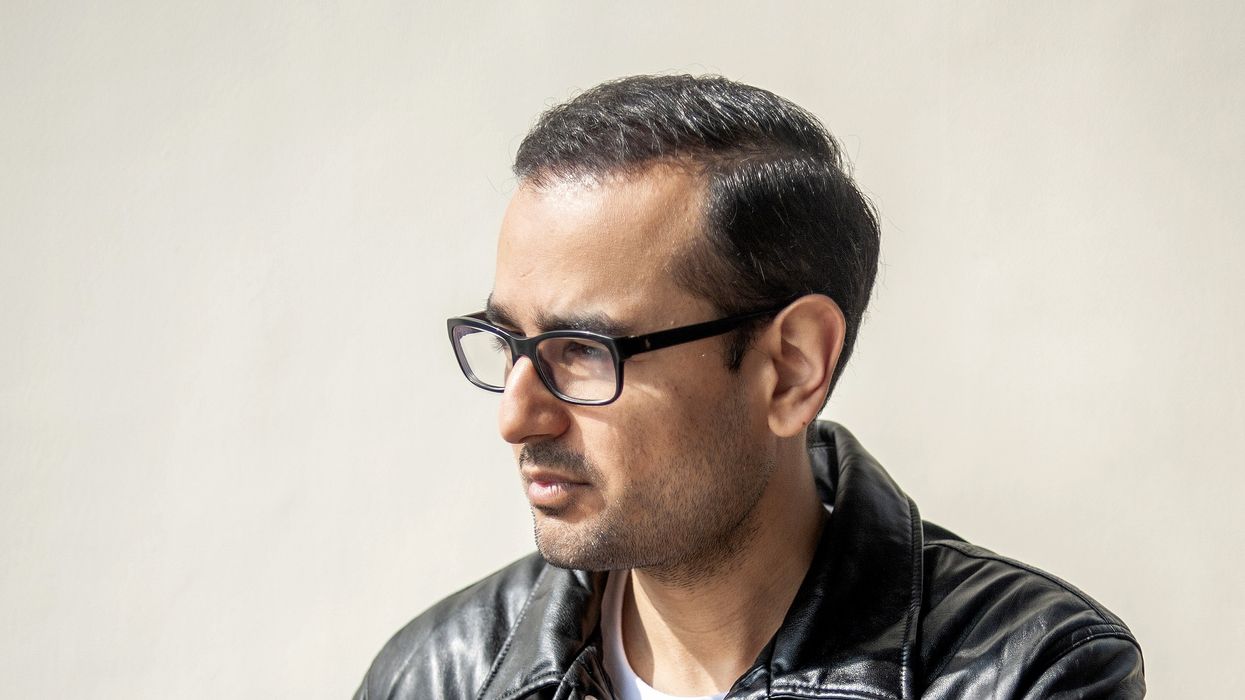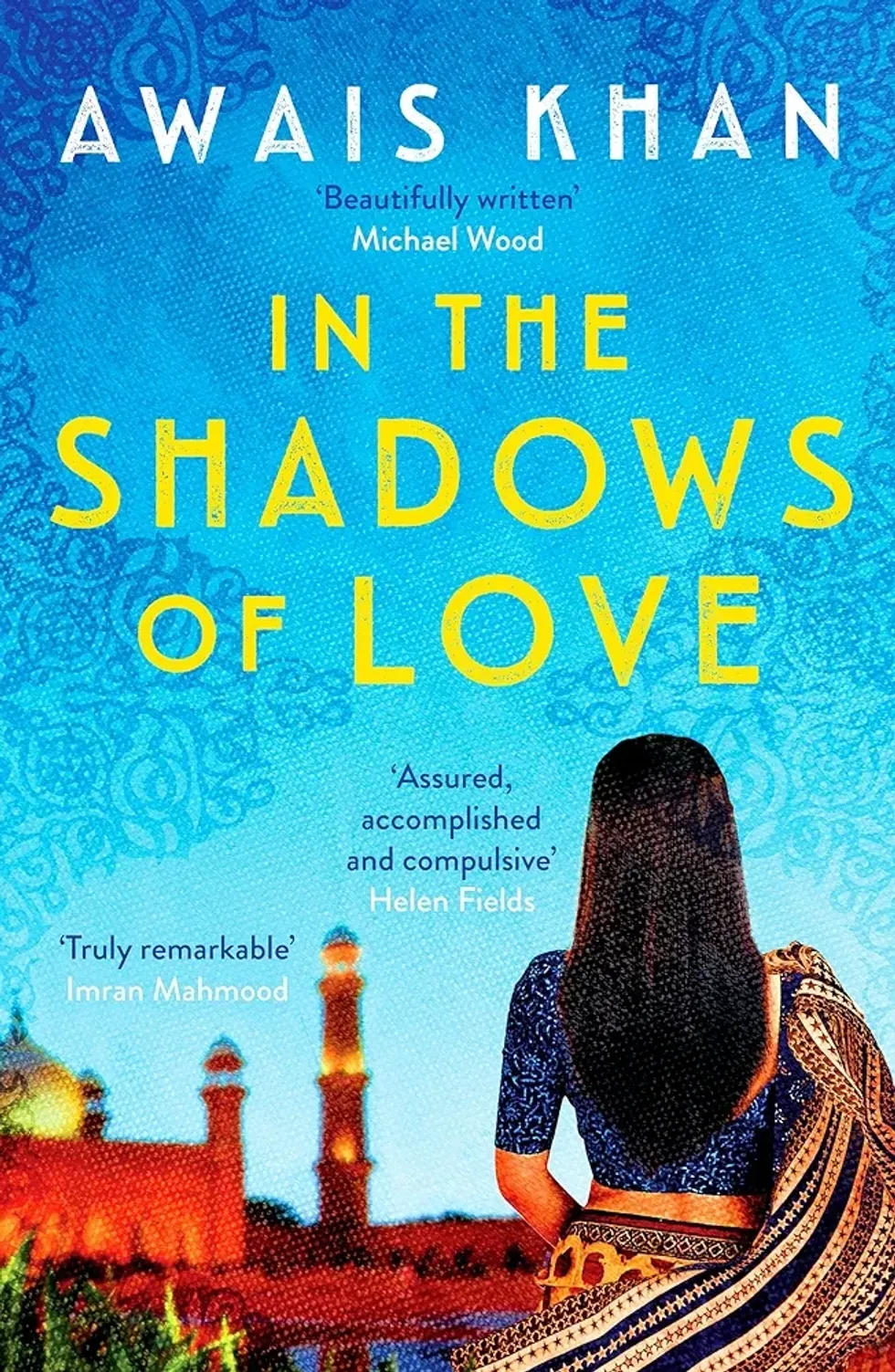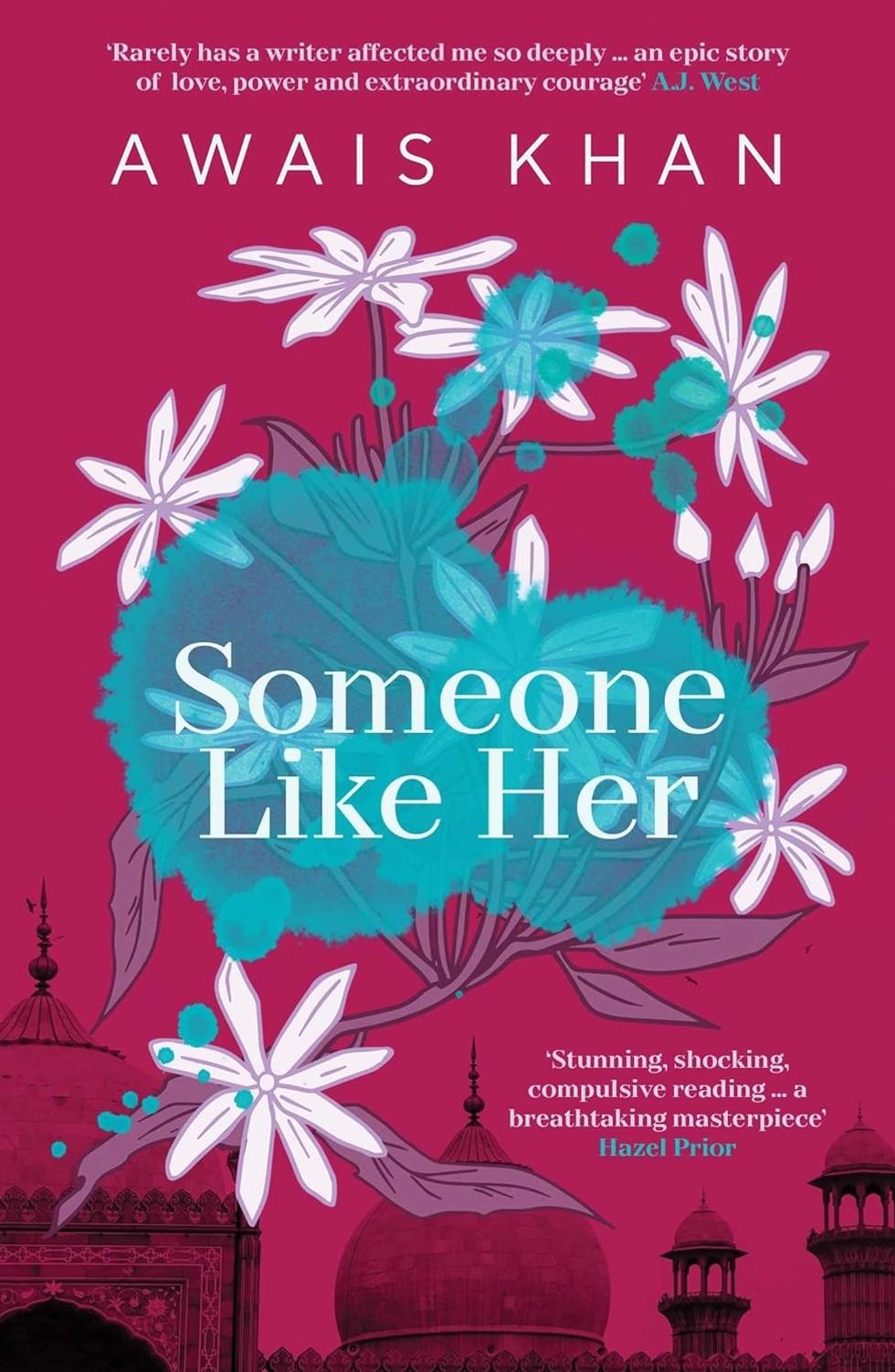PROLIFIC Pakistani writer Awais Khan has earned widespread acclaim for his perfectly crafted novels, which blend compelling characters with gripping narratives and hard-hitting social issues.
The award-winning author’s works – In the Company of Strangers, No Honour, Someone Like Her, and his most recent book, In the Shadows of Love – demonstrate his exceptional storytelling abilities.
A graduate of the University of Western Ontario and Durham University, Khan studied creative writing at the Faber Academy in London and has since become an important literary voice.
Eastern Eye caught up with him to discuss his writing journey, latest novel, and upcoming projects. He also shared insights into his writing process and offered valuable advice for aspiring authors.
How do you reflect on your action packed writing journey?
Every victory has been hard-won. Social media might paint a glamorous picture, but the reality is that publishing is a tough industry where you have to fight to get noticed. Looking back, I am astonished that I stuck with it because there were times when it all seemed impossible.
Did you ever imagine becoming such a successful writer when you started?
When I first started, my only goal was to get published. Living in Pakistan, I had very little knowledge of the publishing world. I knew nothing about press features, reviews, celebrity book clubs, or bestseller lists. My sole focus was getting my work out there. So when I began receiving praise from the industry and readers, it came as a complete surprise.
You are a prolific author with a wide range of books, but which is closest to your heart?
That is like asking someone to pick their favourite child! I love all my books equally, but if I had to choose, it would be No Honour. I poured my heart and soul into that novel.
What first draws you to a story?
For many writers, it starts with the plot, but for me, it always begins with the character. The character comes first, and the story follows.
You are not afraid to tackle harsh truths in your writing. Would you describe yourself as a fearless writer?
If you are going to write about social issues, you must do them full justice. There is no point in writing half-baked stories. My work has often drawn criticism in Pakistan, but I do not let that affect me. If confronting uncomfortable truths means I have to be fearless, then so be it.
What draws you towards female protagonists in particular?
If you have lived in Pakistan, you will know that women face far greater challenges than men. It is a deeply patriarchal society where women’s issues are routinely ignored, and people go to great lengths to maintain the status quo. This has never sat well with me, so I use my platform to highlight these social issues. Writing from a female perspective allows me to do that effectively. However, I do not take this responsibility lightly – I always conduct thorough research when writing from a female viewpoint.
Tell us about your most recent book.
In the Shadows of Love is a sequel to my debut novel, In the Company of Strangers, but it can also be read as a standalone. It presents Pakistan in a way rarely seen before, but at its core, it is a story about a decades-long marriage and how a single secret can change everything. The novel follows Mona and Bilal and is a perfect pick for book clubs.
What can we expect next from you?
I am currently working on a book very close to my heart, which I have dubbed my magnum opus. Tentatively titled The Women, it tells the story of two women whose lives intertwine under extraordinary circumstances. I have also written a thriller, Her Sister’s Secret, which I am currently editing.
Tell us about your writing process.
Many writers wait for inspiration, but I do not. I work to deadlines – if my publisher has not set one, I create one myself. Trust me, deadlines are the best cure for writer’s block. I also prefer writing in loud cafés; somehow, the background noise helps me think clearly. I have also discovered the importance of planning – I always carry a notebook where I jot down chapter outlines.
What key advice would you give aspiring authors?
My advice is simple – never give up. The publishing industry is highly subjective; what works for one person may not work for another. Keep going and keep submitting. There is an agent and publisher out there for you.
You faced a lot of rejections in the beginning. What kept you going?
Yes, I was rejected by over 60 literary agents before I was finally signed by Annette Crossland in February 2017. The one thing that kept me going was my belief in my work. While I may not have written a great novel at the time, I knew I had written a good one. I was convinced that there was a market for it.
What makes a great novel?
A great novel is one that is impossible to put down. It does not have to be a thriller to be unputdownable – take The Secret History by Donna Tartt, for example.
Who is your literary hero?
There are many writers I admire, but if I had to choose one, it would be Leo Tolstoy. Anna Karenina is one of the best novels I have ever read, with its insight into human nature and timeless storytelling.
What inspires you as a writer?
Inspiration is everywhere. It can be found in something as simple as a gathering of friends and family. Every situation we observe has a story behind it, and as a writer, it is my job to imagine what that story might be.






